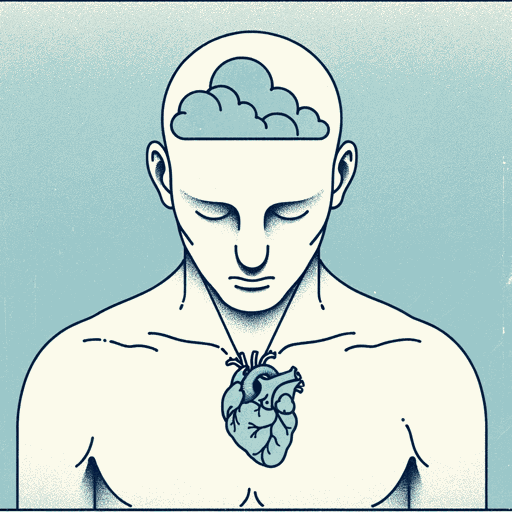64 pages • 2 hours read
Gabor MatéScattered Minds: The Origins and Healing of Attention Deficit Disorder
Nonfiction | Book | Adult | Published in 1999A modern alternative to SparkNotes and CliffsNotes, SuperSummary offers high-quality Study Guides with detailed chapter summaries and analysis of major themes, characters, and more.
Part 7Chapter Summaries & Analyses
Part 7: “Conclusion”
Part 7, Chapter 31 Summary: “I Never Saw the Trees: What Medications Can and Cannot Do”
Maté outlines seven factors to take into account when settling on whether medication is needed. The first is to consider whether the person with ADD wants to take the medication. Educational systems would often rather regulate a child with medication than change their own practices to meet the needs of individual children. Second, it is important to tailor the dosing of ADD medication to the individual’s needs and experiences. Third, the goal of medication should be to help the individual rather than to make their behavior more palatable to others. Fourth, adults must be realistic about what medication can and can’t accomplish; for example, drugs cannot resolve fears of intimacy or lack of self-knowledge, though they can improve concentration. Fifth, Maté finds it worrisome that for most people with ADD, medication is their only treatment; drugs should not be given in isolation or as a first resort. Sixth, someone taking medication for ADD must have some basic understanding of themselves to cope with the cognitive and emotional changes that medication brings; the exclusive reliance on medication can even undermine the long-term goal of developing an integrated self. Finally, Maté advises caution in attributing dramatic positive effects to medication alone; for instance, the introduction of medication can cause changes to interpersonal dynamics that positively influence the person with ADD.
Related Titles
By Gabor Maté




